(This is a sponsored article, brought to you in association with Leesa Mattress)
If you’re serious about cycling, you know how important it is to put in the hours on the bike. But all that hard work can be undermined if you don’t give your body the time and resources it needs to repair itself.
Luckily, there are a few easy ways you can speed up and improve your recovery time. Read on for six top tips.
1. Avoid the boomerang effect by training in the morning
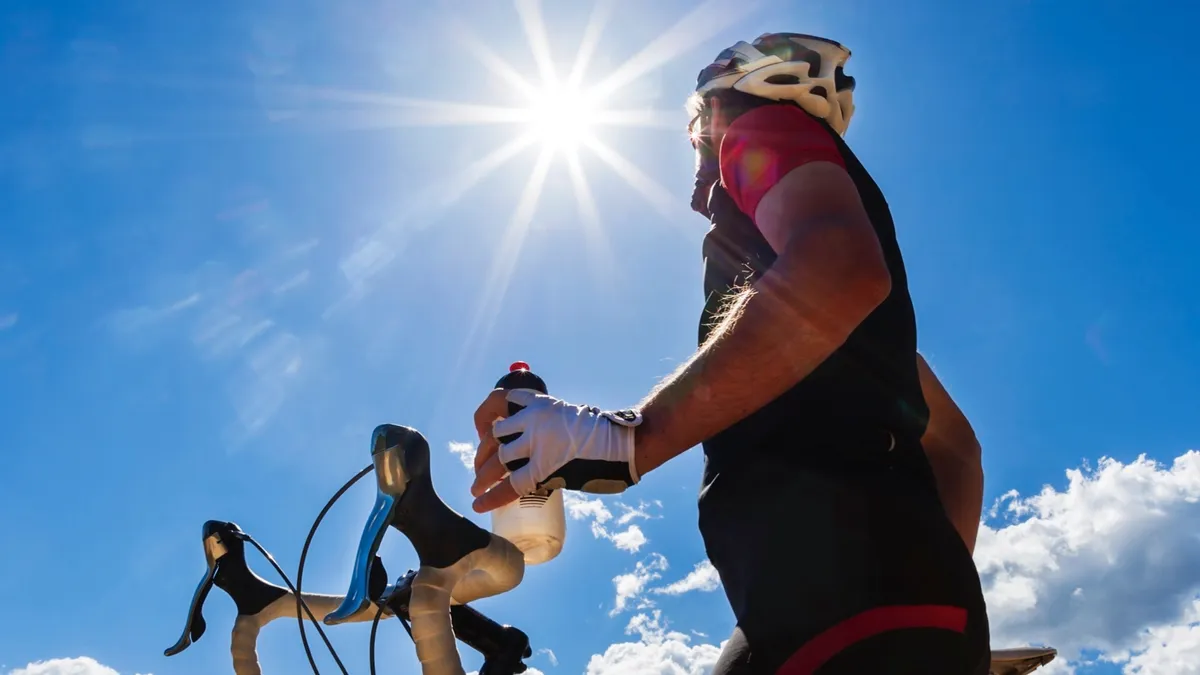
All the mental discipline needed for long rides can have a negative effect if you train before bed. You feel tired but good; the world’s possibilities unroll before you and you can accomplish all of the things – then it’s hard to slow your brain down again. Training earlier can help your brain find its equilibrium again before sleep and leave you riding that endorphin buzz throughout your day.
2. Elevate your legs
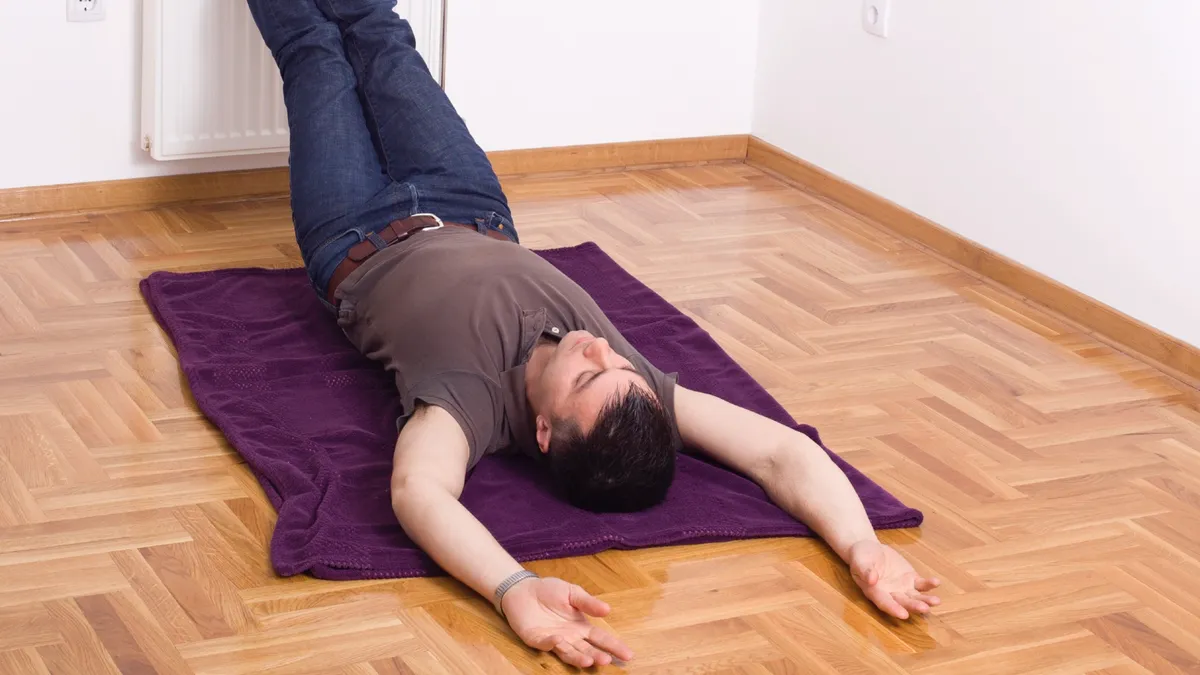
It sounds simple, but lying down with your legs above your body can help promote better blood flow in your lower body and prevent pooling in your legs. Try putting a pillow under your head and your legs up against the wall; aim to complete five minutes for every hour ridden.
3. Get a good night’s sleep

The healing effect of a solid eight hours can’t be overstated. Studies have shown that a poor night’s sleep contributes to your body metabolising glucose less efficiently and leads to higher levels of cortisol, a stress hormone. Most importantly, lack of sleep inhibits your levels of human growth hormone, the catalyst for tissue repair that your body needs after a tough training session.
There are many ways to improve your sleep, but perhaps the most fundamental is to find a mattress that suits you. If you are looking to upgrade, a Leesa mattress is a good way to go.
It’s designed for optimum recovery, with three layers of premium foam providing a cooling airflow, perfect softness and excellent support. You even get 100 days to try the mattress out – in which time you can return it free of charge.
It’s a simple way to test as you rest, and as there’s no salesperson, there’s no haggling over price. Even better, the mattress is delivered to your door in an easily manageable box – all you have to do is roll it out and watch it expand to full size.
Try the Leesa mattress and save $75 by using code “BIKERADAR”.
4. Get a massage – or use a foam roller
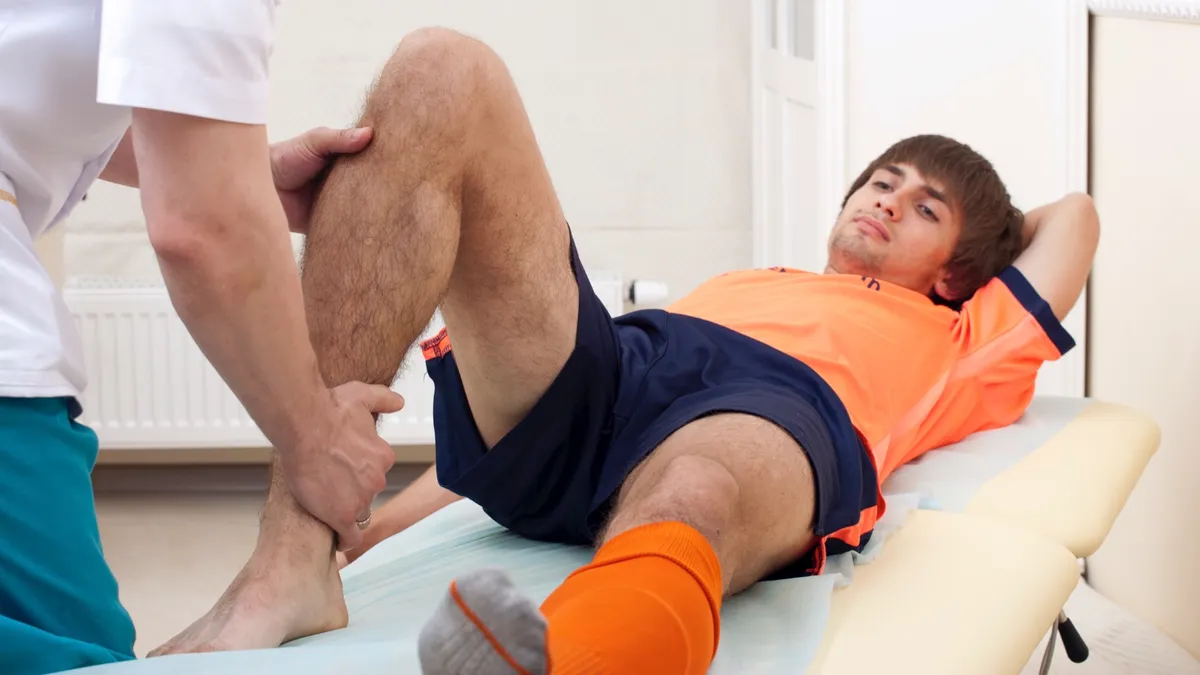
Massage is an integral part of the recovery programmes used by professional cyclists. A good session with a qualified therapist can correctly align muscle fibres and increase blood flow to damaged tissues, speeding their recovery and encouraging muscle growth.
Realistically, a weekly visit to a sports therapist is beyond the budget for those of us without the backing of a professional cycling team, but there are cheaper ways to get the same benefits. British Cycling has produced a routine using a cheap foam roller that you can easily do in your own home.
You’ll find it helps with discomfort and helps your muscles get back to full strength quicker, but it’ll never be quite as good as a professional massage. See if you can stretch to one every few months; treat it like a semi-regular MOT for your body and you’ll quickly notice the benefits.
5. Consume carbs and protein within 20mins of finishing riding
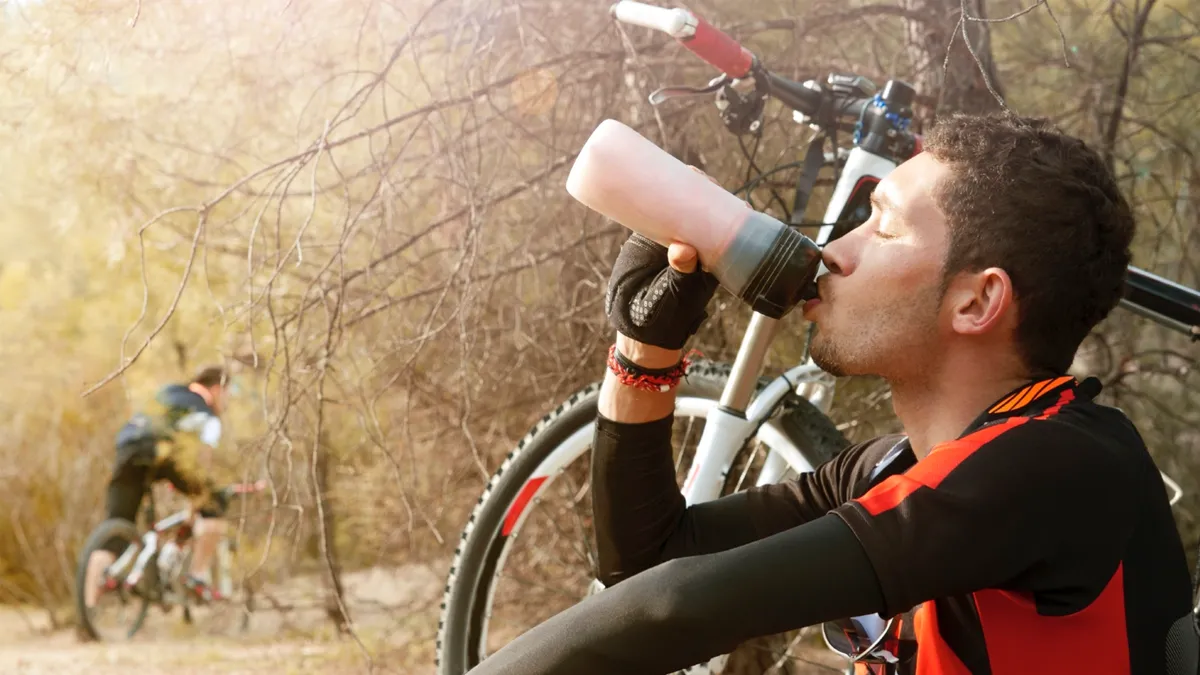
Recovery starts the moment you step off the bike (or arguably even earlier, with the cool down). British Cycling advises consuming carbohydrates and protein within 20 minutes of the end of any ride longer than 90 minutes to help kick-start your recovery.
In those first 20 minutes your body is especially receptive to macronutrient intake. Taking on carbohydrates will restock your body’s depleted glycogen stores, while the protein will quickly start repairing the microscopic tears your muscles have endured.
6. Check your gels
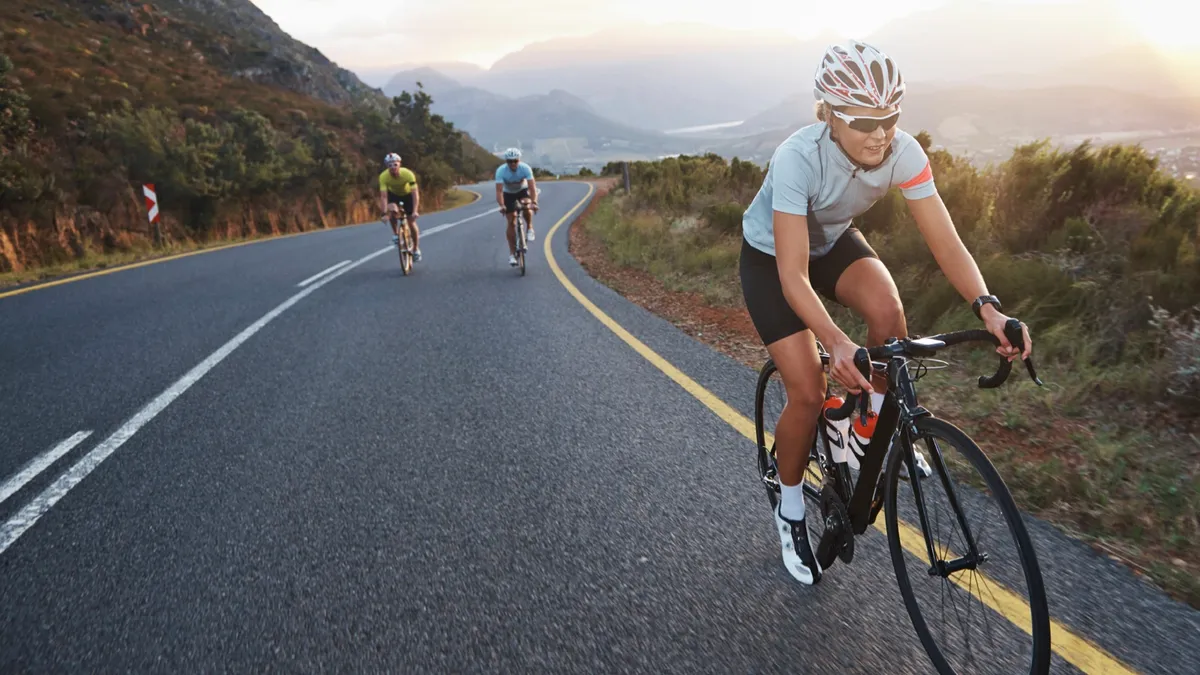
Gels are no doubt an important tool in your training armoury, but you might be surprised how much caffeine is in your favourite brand. Make sure you calibrate your caffeine intake for your ride, and consider how your body responds to caffeine, not just what other people recommend. A short-term boost in training isn’t worth a poor night’s sleep.
